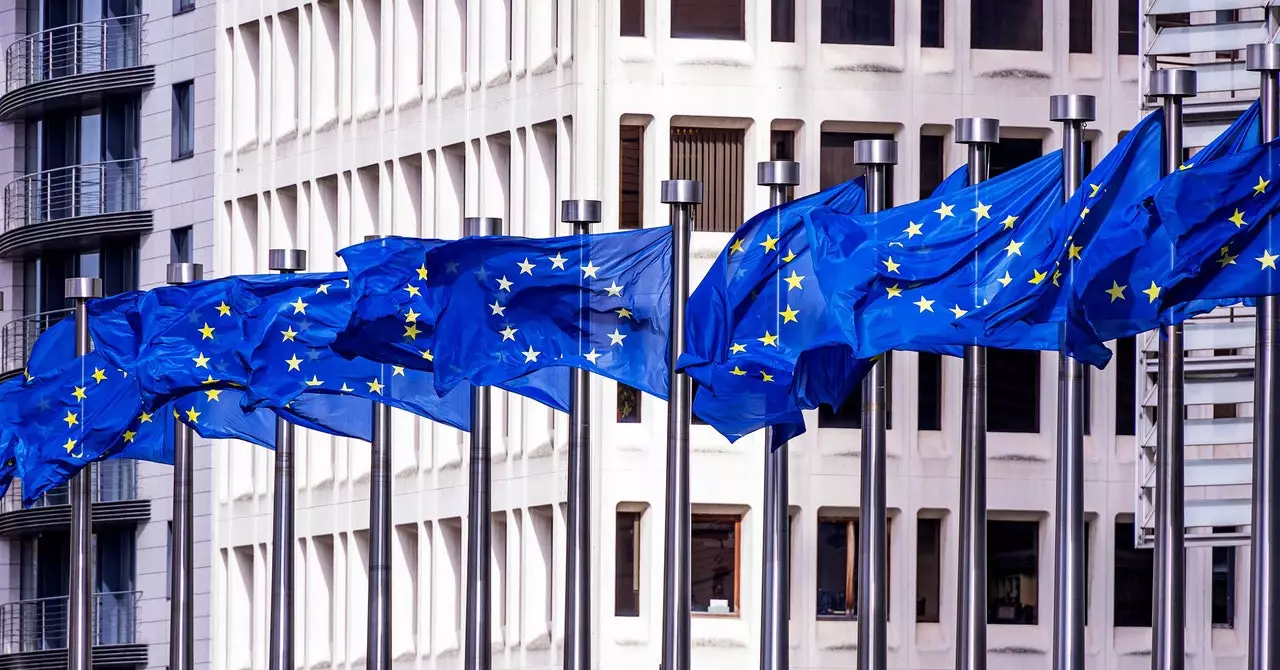The European Commission has set its sights on technology giants once again, this time honing in on Bing, the search engine powered by Microsoft. Brussels has raised concerns that Microsoft may have failed to properly moderate content generated by AI systems on Bing, Copilot, and Image Creator, potentially violating the Digital Services Act (DSA) – one of Europe’s latest digital regulations. This move is part of a broader effort by the European Commission to ensure transparency, accountability, and responsible behavior from Big Tech companies operating within the EU.
The European Commission’s Approach
The EU’s latest push against technology companies is not an isolated incident. In the past, the European Union has taken action against other tech giants, such as Google, Meta, and Apple, for various violations ranging from market dominance to data protection issues. However, there seems to be a shift in strategy, with Brussels now focusing on engaging with Big Tech companies proactively to understand their operations and make necessary modifications before resorting to fines or sanctions.
The Digital Services Act and Beyond
One of the key tools in the European Commission’s arsenal is the Digital Services Act, which aims to bring transparency to algorithms and advertising, combat online harassment and disinformation, protect minors, prevent user profiling, and eliminate dark patterns on the web. This act targets 22 multinational companies, including Google, Meta, Bing, and others, holding them accountable for maintaining a safe and trustworthy digital environment for EU citizens.
The specific focus on Bing, Microsoft’s search engine, highlights the Commission’s concerns about content moderation and the spread of misinformation through AI systems. By requesting company documents and issuing a deadline for responses, Brussels aims to ensure that Bing complies with the DSA and takes necessary corrective actions to address any shortcomings in its practices. This investigation comes at a critical time, just days before the European Parliament elections, underscoring the urgency of the situation.
While the European Commission’s efforts to rein in Big Tech companies are commendable, they also face significant challenges ahead. The digital landscape is constantly evolving, with new technologies and platforms emerging at a rapid pace. Ensuring compliance with existing regulations and adapting to future developments will be an ongoing process that requires close collaboration between regulators, industry stakeholders, and the public.
The European Commission’s investigation into Bing and other tech giants represents a critical juncture in the regulation of the digital economy. By holding companies accountable for their actions and encouraging transparency and ethical behavior, Brussels seeks to build a safer and more trustworthy online environment for European citizens. While the road ahead may be fraught with challenges, the Commission’s commitment to addressing digital issues head-on is a step in the right direction towards a more responsible and sustainable digital future.


Leave a Reply